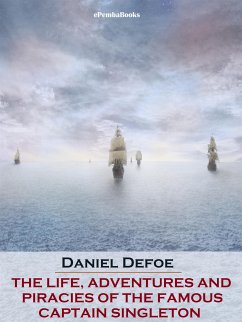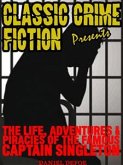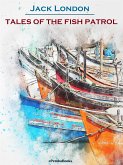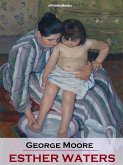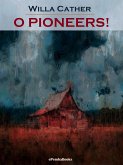- This edition includes the following editor's introduction: Daniel Defoe beyond Robinson Crusoe
First published in 1720, “The Life, Adventures and Piracies of the Famous Captain Singleton” is an adventure novel by English writer Daniel Defoe that is believed to have been inspired in part by the exploits of the English pirate Henry Every, who was active in the late 17th century.
Written as an autobiography, “ Captain Singleton” follows the life of the Englishman Singleton, stolen from a well-to-do family as a child and raised by Gypsies, eventually making his way to sea. The first half of the book concerns Singleton's crossing of Africa, the second half concerning his life as a pirate in the Indian Ocean and Arabian Sea.
Daniel Defoe's description of piracy focuses for the most part on matters of economics and logistics, and Singleton's pirate behaves more like a merchant adventurer.

